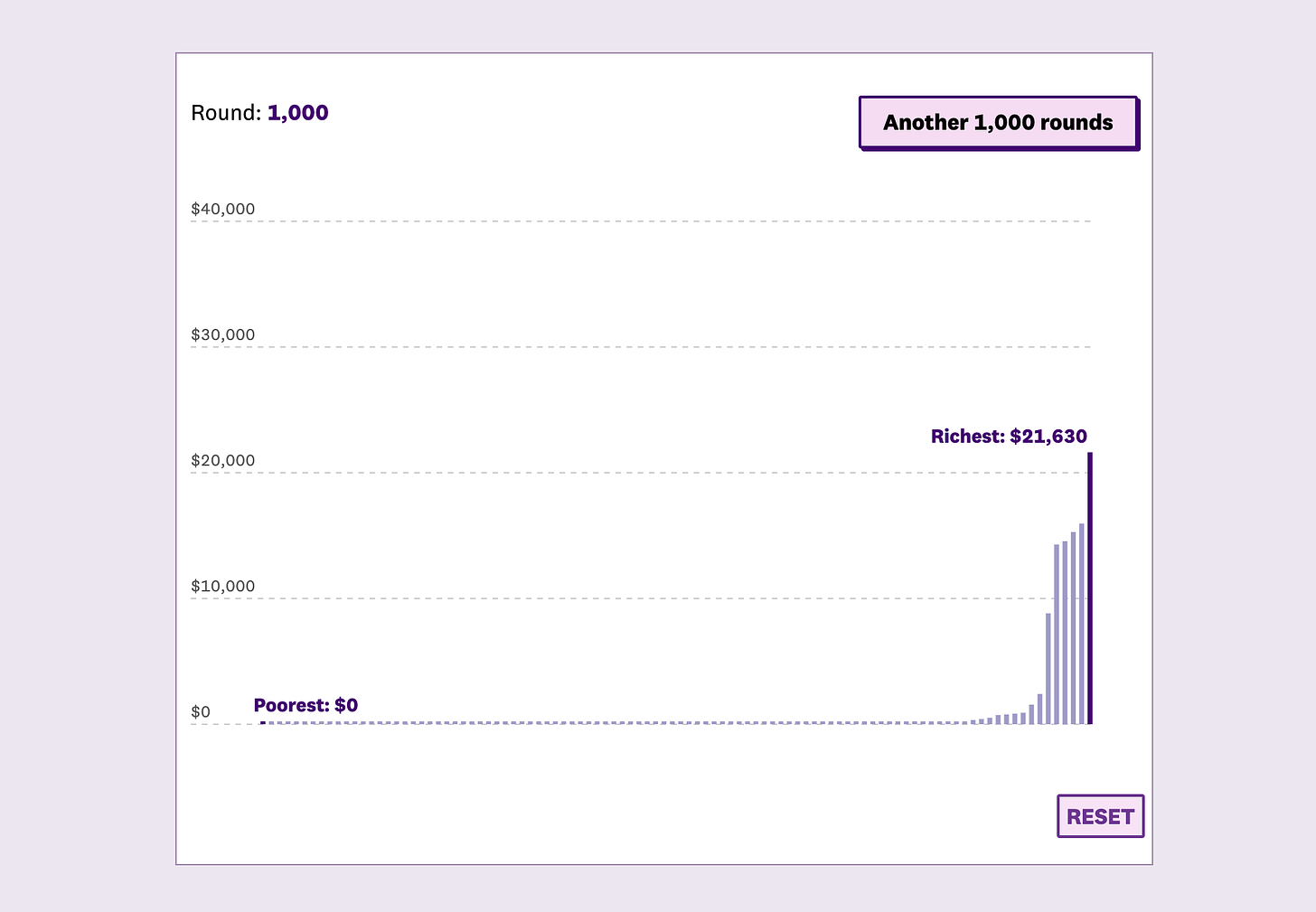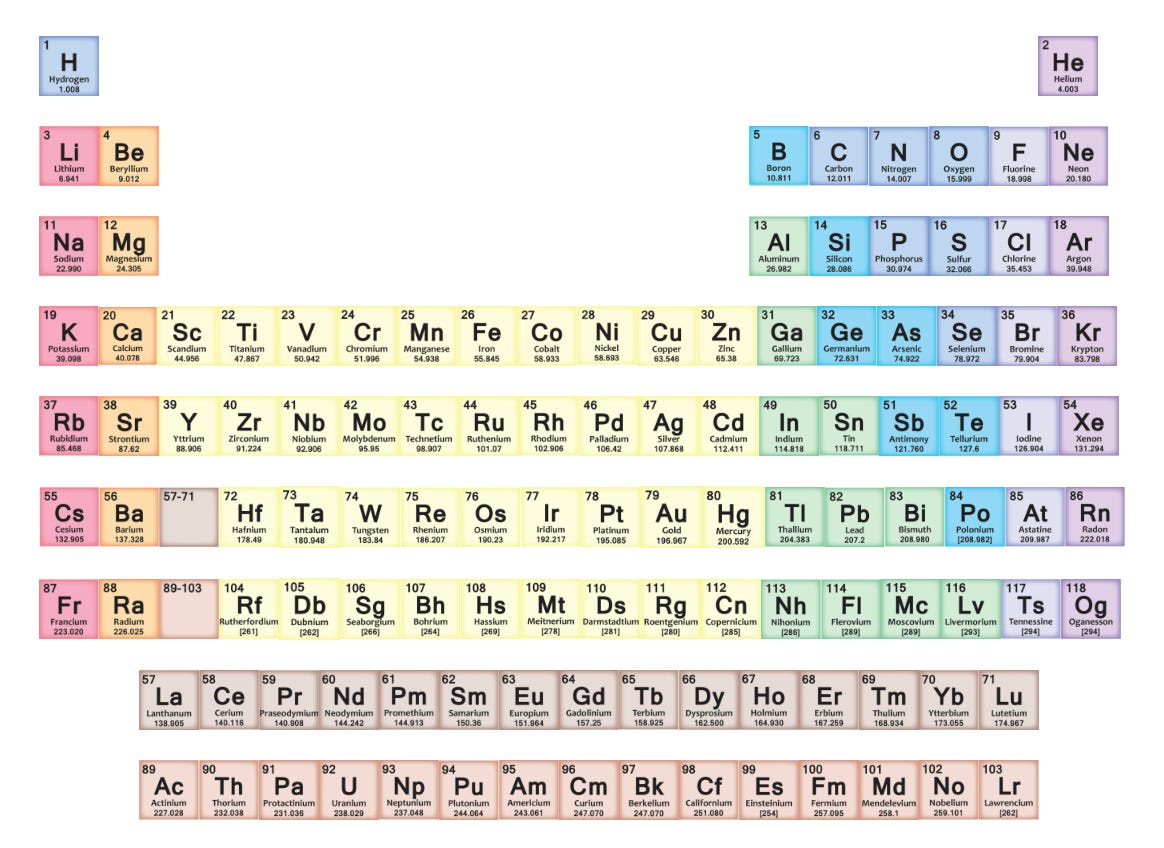Hello,
It’s been a quiet week so far. Since the winter break, I’ve managed to read more books than usual. I love reading. But the trouble is, at least for me, I find myself feeling like the more I read, the less I remember.
This led me to discover the article Why Books Don’t Work by designer and researcher Andy Matuschak. As you may have guessed, the title is intentionally provocative. But also slightly serious. At least when it comes to non-fiction books, Andy argues that the fundamental model of “I write, you read, then you remember” (something he calls “transmissionism” is flawed. We often forget the things we read, no matter how persuasive the author.
I realized this was a thought I have had for a long time, but no one had quite put it into the right words. Although the piece is a bit long, I found that it put some words to my nagging feelings about recalling the things I learn. Not sure if I entirely agree with all his premises yet, but it’s interesting to mull over.
Anyways, even though it isn’t data/tech/art specific, I thought maybe you would enjoy it too. If not, here are some links on other topics:
Read and Explore

Why the Super Rich are Inevitable
Alvin Chang explains the inner-workings of the Yard-Sale model, an economic theory that in a free-market, wealth distribution given no outside intervention will always lead to the rich hoarding the wealth. The scrollytelling story weaves together clever coin-flip simulations to explain how it works alongside whimsical, cartoon illustrations of coin-flipping humans. It’s a delight to scroll through and I learned something by the end (tl;dr the model is not a perfect analogy for our “real” economic system, but it does reveal some fundamental, systemic flaws). Exceptional storytelling.
For more on this topic, also see the Realtime Inequality dashboard. Very different medium of communication, but still impressive. Haven’t had time to fully dive into its capabilities, but definitely bookmarking for later as a valuable data resource for economic data projects.
Listen

Atom Tones
Researcher Jill Linz has created an interactive sonification of the periodic table of elements called Atom Tones. Each individual element is a different tone produced with decay added using the following process:
“All tones were created using the spectral line frequencies which were then added together to create the element’s signature tone.”
This is a fascinating idea to me that has tons of potential. Just clicking on each element and hearing the sound is cool in itself; but imagine if this system became standardized. Complex minerals and compounds could be described through sonification by incorporating the necessary sounds from the table. Think of the weird chords that would emerge! Not sure if this approach would be very effective in the realms of perception and memorability, but I am excited by it nonetheless.
Watch and Learn
EYEO festival 2022 on Vimeo
The organizers of the annual EYEO festival, a conference for those interested in “art, code, and the ethics of emerging technology”, finally posted the complete talks from 2022 on Vimeo. And it’s free to watch. The talks span topics across technology, data, AI, that kind of thing. I haven’t been to EYEO myself, but after seeing this lineup I am very tempted to attend next year.
After scrolling through and saving at least 3 videos to watch later, I decided to just include the whole link to their page. Everything looks very interesting to me and most talks are at least 40 minutes… so it’s enough material to last quite some time!




